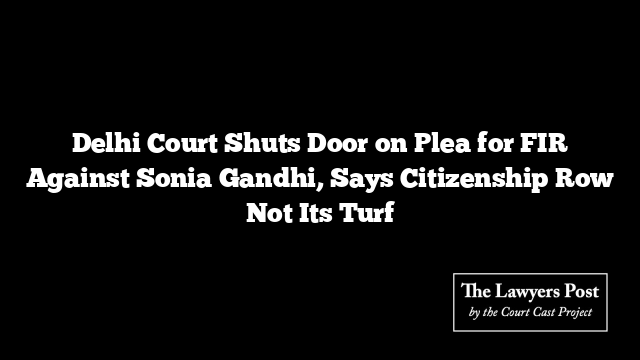The country’s top court has delivered a stinging rebuke to Maharashtra Police, declaring their handling of a teenage assault case during the Akola riots of May 2023 as nothing short of “total dereliction of duty.”
A 17-year-old, Mohammad Afzal Mohammad Sharif, was injured while witnessing four men fatally beat another during the riots. Despite his hospitalisation and a formal complaint from his father, no First Information Report (FIR) ever came to life. Instead, the case sank into silence — until the Supreme Court stepped in.
A Bench of Justices PV Sanjay Kumar and Satish Chandra Sharma minced no words: when the police wear their uniforms, personal leanings of religion, caste, or community have no place. “They must serve the law with integrity,” the judges said, lamenting that in this case, the badge had been worn without duty.
Slamming both the police and the Nagpur Bench of the High Court, which had earlier dismissed the victim’s writ petition, the Bench clarified the law: registering an FIR isn’t optional when a cognizable offence is disclosed. The judges cited the Constitution Bench ruling in Lalita Kumari v. State of UP, reminding officers that shirking this duty invites consequences.
The Court did not stop at censure. It ordered the Maharashtra Home Secretary to assemble a Special Investigation Team (SIT) drawn from senior officers belonging to both Hindu and Muslim communities, to ensure neutrality and restore faith in the process. The SIT has been tasked with reporting back within three months.
The Superintendent of Police, Akola, also came under fire for ignoring the written complaint, with the Court noting that his silence raised serious concerns about the integrity of senior leadership within the force. Disciplinary proceedings and mandatory sensitisation measures for the police rank-and-file have been directed.
For the young man caught in the riots, this ruling reopens the door that the state police had tried to bolt shut. For the system, it is a reminder that the law cannot be filtered through the lens of bias — and uniforms must never be worn with prejudice.




